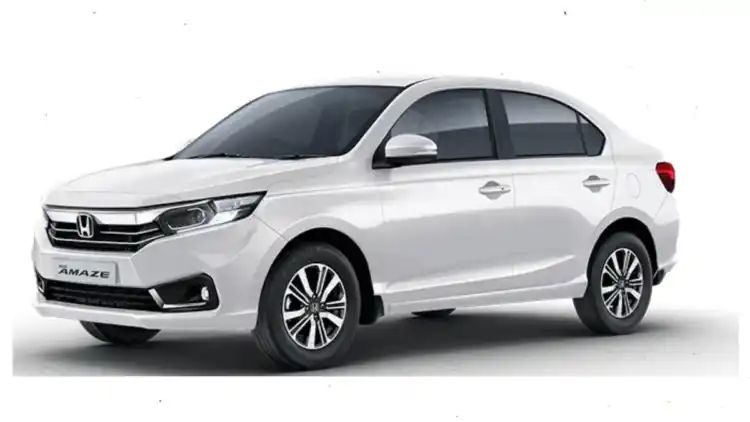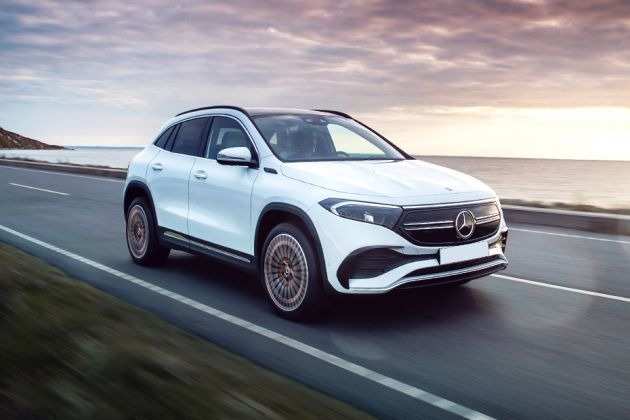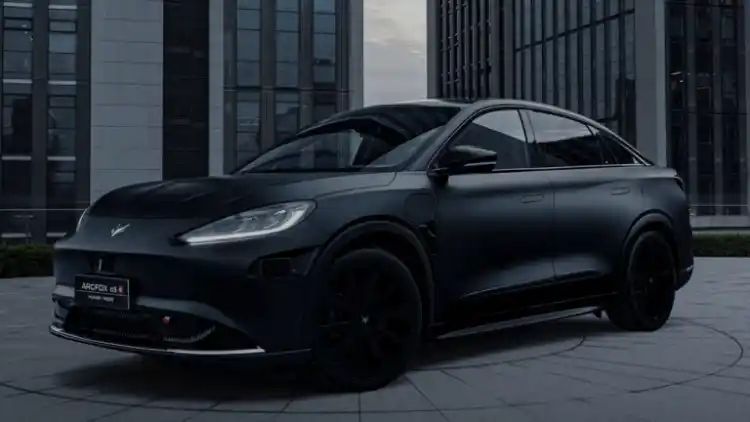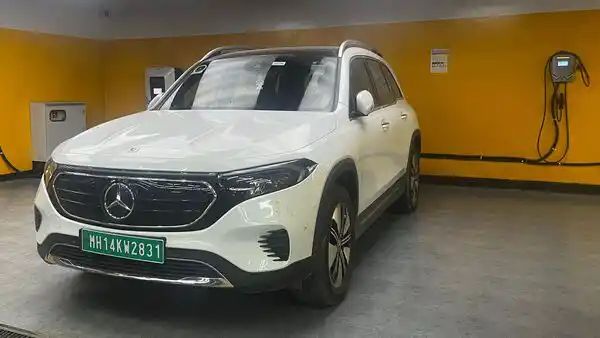Tesla Scores Big Victory in India: Lower Import Tax on EVs on the Cards with $500 Million Investment
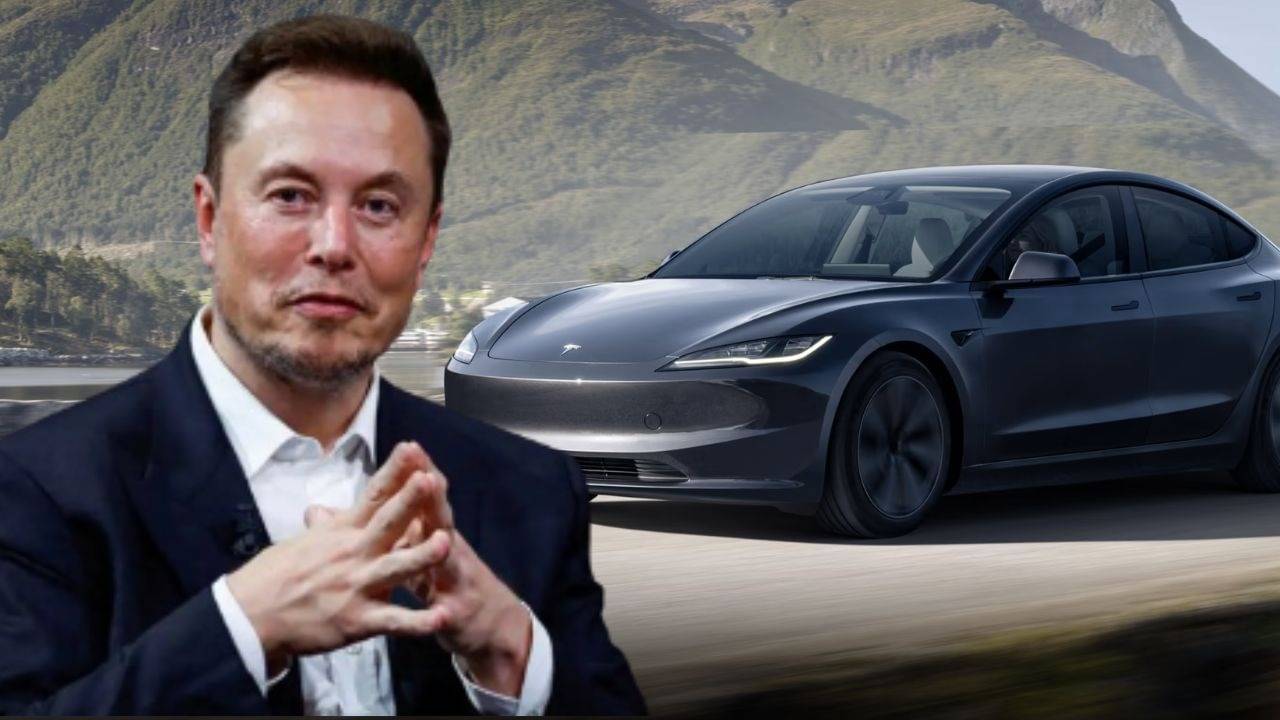
India on Friday said it will reduce import taxes on certain electric vehicles for companies that commit to at least $500 million in investment and production facilities over three years, potentially boosting Tesla’s plans to enter the market. The policy is a big win for Tesla as it is in line with what the company has been lobbying for in New Delhi. Sources said last July that the carmaker had offered to build the factory but, meanwhile, CEO Elon Musk said he wanted to cut import taxes, which are among the highest in the world.
Over the years, Musk had tried to enter the Indian market but New Delhi was not keen until it committed to local production. Tesla executives have visited India several times in recent months, with Musk also meeting Prime Minister Narendra Modi last year. Companies that meet the investment and production requirements will be allowed to import a limited number of EVs at a reduced tax of 15% on cars priced at $35,000 and above. India currently levies 70% or 100% tax on imported cars and EVs depending on their value.
Tesla’s cheapest vehicle, the Model 3, starts at $38,990 in New York, according to the carmaker’s website. The company did not immediately respond to an email seeking comment. We invite global companies to come to India. I am confident that India will become a global hub for EV manufacturing and this will create jobs and improve trade,” Commerce Minister Piyush Goyal told reporters at a press briefing after his ministry announced the policy. Goyal said the move will benefit consumers who will get EVs at cheaper prices while also helping the government’s objective of reducing oil imports and hence foreign exchange outflow.
India’s EV market is small but local carmaker Tata Motors is growing with sales dominance. Electric models accounted for around 2% of total car sales in India in 2023 and the government wants to increase this to 30% by 2030. The new policy will open the door for global automakers to tap the world’s third-largest car market at a time when the growth of EVs is slowing, forcing companies to find new markets to boost sales. Vietnamese EV maker Winfast has said it plans to invest $2 billion in India and last month started construction of a local factory in the southern state of Tamil Nadu.
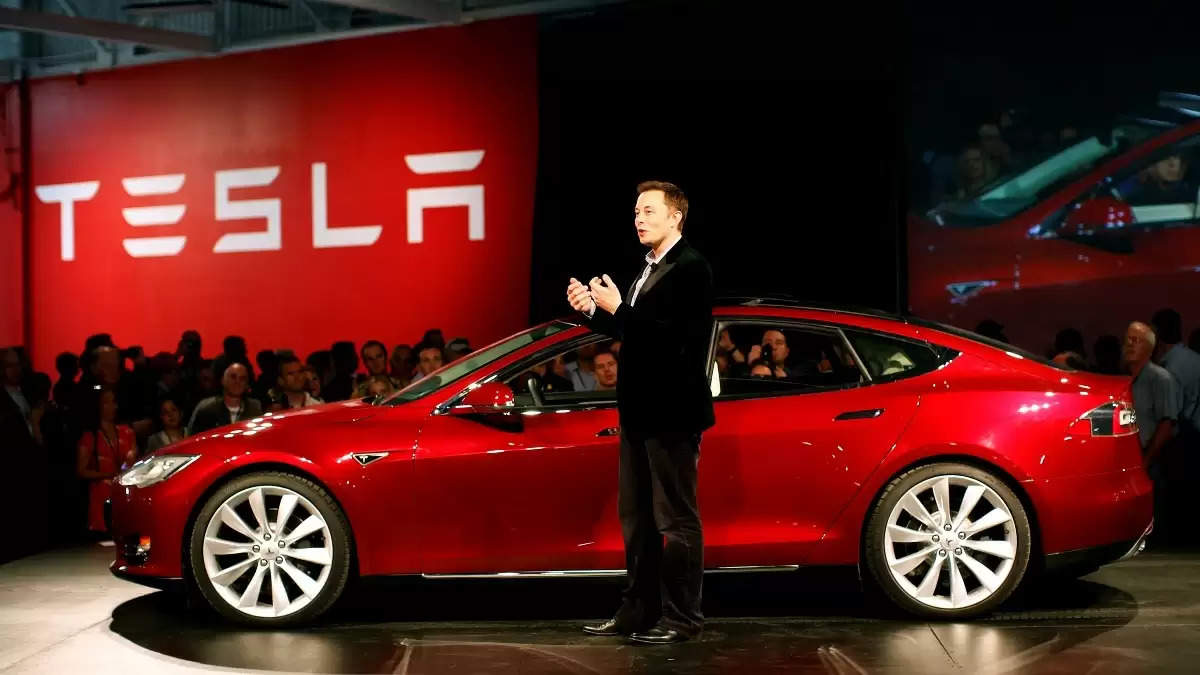
VinFast had also asked the government to reduce import duties on EVs for about two years so that consumers could familiarize themselves with its products when its domestic plant comes on stream.
Policy in action
India has been working on the policy for several months despite lobbying from Tata Motors and rival Mahindra & Mahindra, with Reuters reporting that lowering import taxes on EVs would hurt the domestic industry and its investors. The new policy aims to “strengthen the EV ecosystem by promoting healthy competition among EV players, leading to higher production volume, economies of scale and lower cost of production,” the commerce ministry said.
This will open up the Indian auto market to new carmakers, suppliers, technologies and the overall EV ecosystem, said Gaurav Wangal, associate director, S&P Global Mobility. Many carmakers, who have been sitting on the fence, will now want to enter India. Indian consumers will have the choice to experience global technologies and products on Indian roads,” he added. Under the new policy, which is effective immediately, EV imports at lower tax rates will be allowed for a maximum of five years and the total number will be limited to 8,000 annually.
The duty on imported EVs by the government will be limited to the investment made by the company or close to $800 million, whichever is lower.
